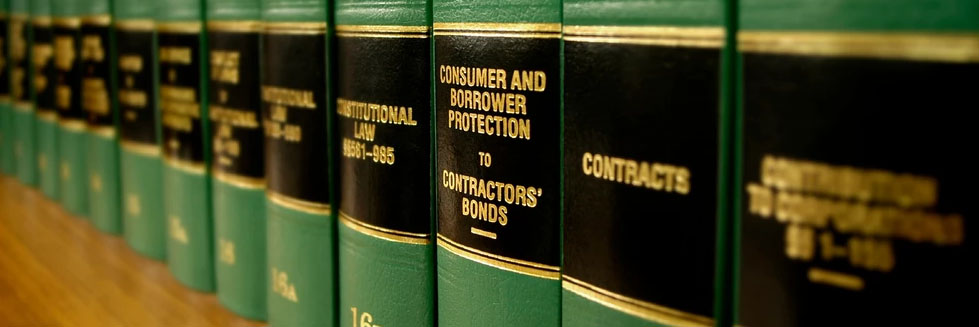FLORIDA MOLD STATUTES & GUIDELINES


The State of Florida does not have specific mold laws that protect residents from mold exposure. However, there are current guidelines on published literature that can be used to assist an individual that is experiencing mold problems in their property. You can also use existing laws for renters that govern real estate and tenancy under Florida’s Landlord-Tenant Laws and for homeowners under seller non-disclosure laws and construction defect laws.
Homeowners
When it comes to protection regarding water damage and toxic mold, there is very minimal protection for homeowners in the State of Florida. If you purchase a home and find that there is mold which was not disclosed to you by the seller, you can utilize legal recourse against them for “non-disclosure of the property’s condition and history.”
As per Florida Statutes, sellers must always disclose any and all facts about the property being sold that could have a substantial impact on its value or desirability or that others cannot see for themselves. (Johnson v. Davis, 480 So.2d 625 (Fla. 1985)).
If you find water damage or mold on your newly purchased home you may be protected under Florida’s construction defect law under statute 558. “Construction defect” means a deficiency in, or a deficiency arising out of, the design, specifications, surveying, planning, supervision, observation of construction, or construction, repair, alteration, or remodeling of real property.
The Florida Bar says:
“With the recent enactment of Florida’s new construction defect statute (“statute”),1 the aggrieved homeowner now is required to provide contractors and other responsible parties with prior written notice of the alleged construction defects and an opportunity to resolve claims and/or correct construction defects before filing suit. This new law applies to damage claims arising from defects associated with residential construction and excludes claims for personal injury and specific performance.”
Renters (Tenants)
If you are a tenant and your property has experienced water damage and/or mold you do have a few options that can help.
Under the current Florida statute 83.51 – A landlord’s obligation to maintain premises are:
-
- (1) The landlord at all times during the tenancy shall:
- (a) Comply with the requirements of applicable building, housing, and health codes; or
- (b) Where there are no applicable building, housing, or health codes, maintain the roofs, windows, doors, floors, steps, porches, exterior walls, foundations, and all other structural components in good repair and capable of resisting normal forces and loads and the plumbing in reasonable working condition.
- If your landlord has not maintained or fixed roof and/or plumbing leaks properly, you have limited protection where you can either withhold rent payments, terminate the lease without legal recourse on the landlord’s behalf or going to civil court. This is covered under Florida statutes 83.201 and 83.63.
- 83.201 Notice to landlord of failure to maintain or repair, rendering premises wholly untenantable; right to withhold rent. — When the lease is silent on the procedure to be followed to effect repair or maintenance and the payment of rent relating thereto, yet affirmatively and expressly places the obligation for same upon the landlord, and the landlord has failed or refused to do so, rendering the leased premises wholly untenantable, the tenant may withhold rent after notice to the landlord.
- The tenant should provide the landlord, as per s. 83.20(3), with a written notice declaring the premises to be unlivable, giving the landlord at least 20 days to make the necessary repairs or maintenance, and stating that the tenant will withhold the rent for the next rental period and thereafter until the repair or maintenance has been performed.
- Once the repair and/or maintenance is completed, the tenant should pay the landlord the amounts of rent withheld from the time they stopped paying. If the repair or maintenance is not completed by the landlord in the allotted time, time may be extending through a written agreement made by both parties – otherwise, if the tenant chooses, they may vacate the premises, terminate the lease and keep the withheld rent payments. .—s. 2, ch. 93-70; s. 438, ch. 95-147.
- 83.63 Casualty damage.—If the premises are damaged or destroyed other than by the wrongful or negligent acts of the tenant so that the enjoyment of the premises is substantially impaired, the tenant may terminate the rental agreement and immediately vacate the premises. The tenant may vacate the part of the premises rendered unusable by the casualty, in which case the tenant’s liability for rent shall be reduced by the fair rental value of that part of the premises damaged or destroyed. If the rental agreement is terminated, the landlord shall comply with s. 83.49(3).










